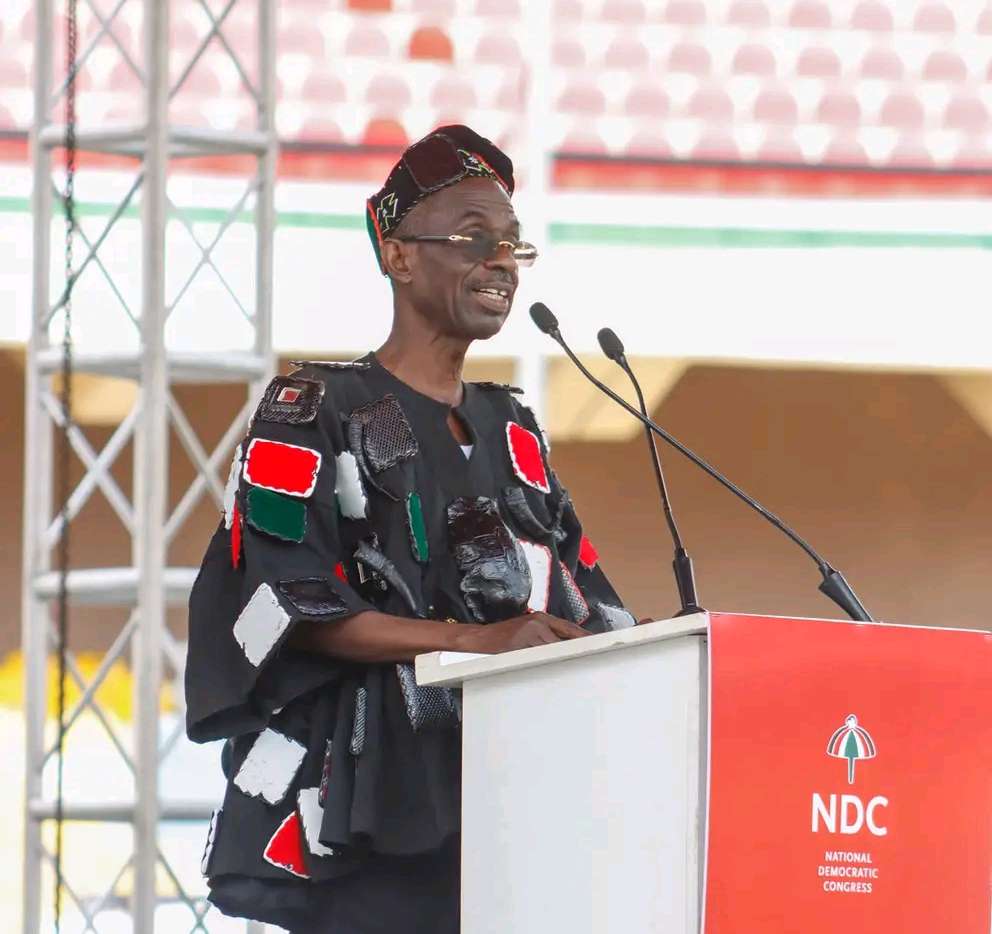The events of June 4 unquestionably highlight the critical significance of unwavering commitment to our principles, irrespective of our position or authority.
In 1979, a young flight lieutenant epitomized this noble spirit and rallied a nation to embrace a standard of leadership characterized by accountability and integrity.
Despite holding power for nearly two decades, JJ Rawlings remained steadfast in his devotion to truth, justice, and the welfare of ordinary citizens.
The ethos of positive defiance embodied by June 4 communicates the belief that every individual possesses the potential to instigate transformation, regardless of circumstances.
This spirit empowers people to reject hopelessness and take action to initiate an irrevocable process of change. In drawing connections between these principles and governance issues, it becomes evident that upholding integrity, justice, and accountability in leadership is indispensable for catalysing positive and enduring transformation within society.
The Electoral Landscape
Ghana has experienced a series of presidencies after Nkrumah’s era, with five successive terms under the Fourth Republic marked by political stability, largely credited to the acumen of President J.J Rawlings.
The “syndrome” of power shifting between two parties appears to have taken root in Ghana. Since the advent of the Fourth Republic in 1992, only the NPP and NDC have held the majority in parliament, and have produced the national presidents.
A comparable trend is apparent in Nigeria, where the PDP and APC have retained power since 1999, despite the presence of numerous political parties.
However, a critical evaluation of multiparty democracy reveals that while it has brought certain dividends to Africa, it has also ignited acrimony and anxiety in the political landscape, leading to pre and post-election conflicts.

The Role of Faith, Traditional Leaders and the Clergy in our Leadership Pursuit
The enduring impact of Christianity, Islam, and other religions on Africa’s transformation is crucial to recognize. While it is undeniable that Christianity initially served as a tool for colonial control over Africa’s resources, it has also played a fundamental role in shaping the socio-cultural, economic, and educational landscape of many African nations.
The arrival of Western missionaries introduced significant investments in mental, moral, physical, and material resources, contributing to the overall development of African societies.
Moreover, the impact of Islam on the continent, particularly in Ghana, cannot be overstated. Many Islamic leaders in Ghana, such as Mulvi Wahab and the National Chief Imam of Ghana, Venerable Sheikh Osman Nuhu, Sharubutu, as well as figures like the Sultan of Sokoto and others across the continent, have played pivotal roles in shaping the peace architecture of the continent. Ghana’s recognition to the role of traditional authorities as enshrined in our constitution cannot be overemphasised.
Very influential traditional leaders over time have helped shape what defines us as Ghanaians and as Africans. The Modern Charismatic Movement has also immensely contributed to the development trajectory in diverse ways. And the opportunity has come again to live beyond reproach in safeguarding our peace and security.
Ghana’s upcoming election.
The upcoming General Elections in December 2024, will be a defining moment for our democracy. Just as past leaders have gracefully handed over power, President Akuffo-Addo must ensure that this historic election is conducted in a manner that secures his legacy as a champion of peace.
Embracing change and respecting the will of the people is crucial, as demonstrated in previous transitions of power. The President’s leadership and management of this election will ultimately redefine the future of this country.
By Dr Donald Agumenu
The writer is a leadership and governance expert, a former Special Assistant to Flt Lt Jerry John Rawlings, Fellow, Chartered Management Institute, UK and Co-Author, of A Siege of Today: The Era of ICT and New Media.








































